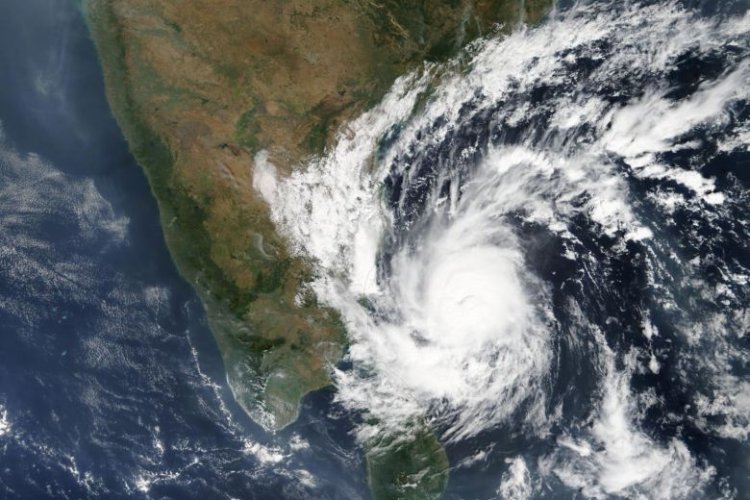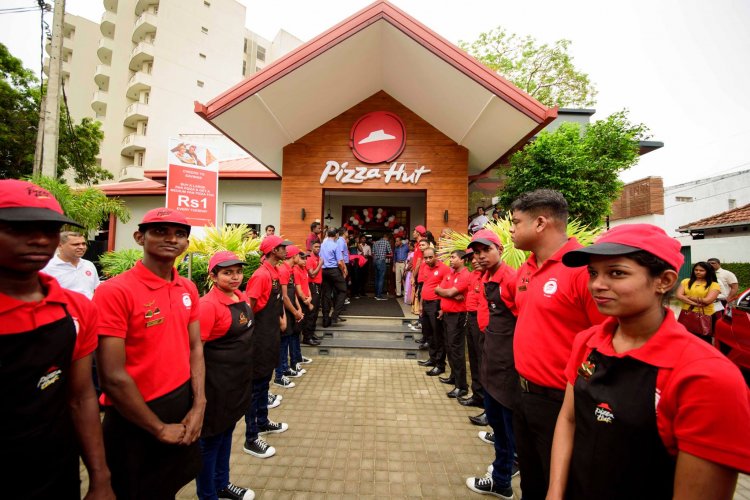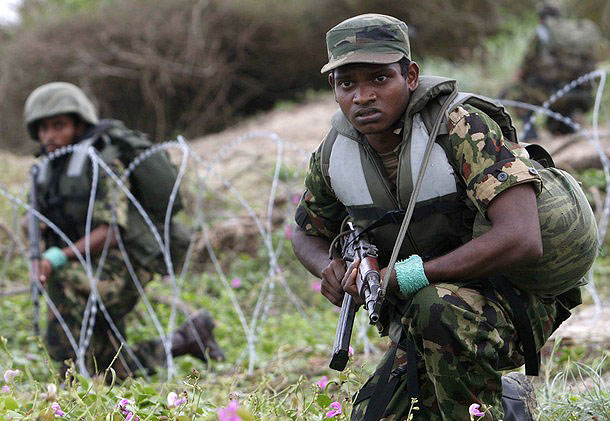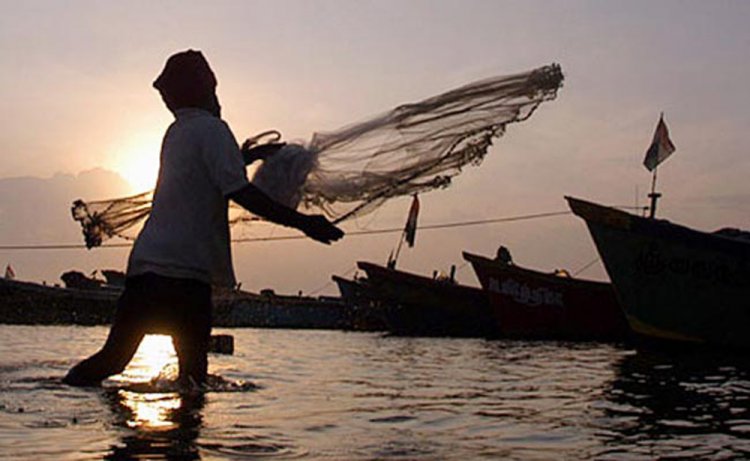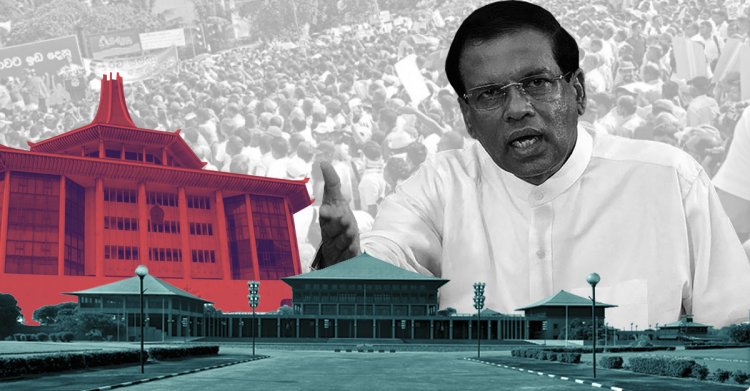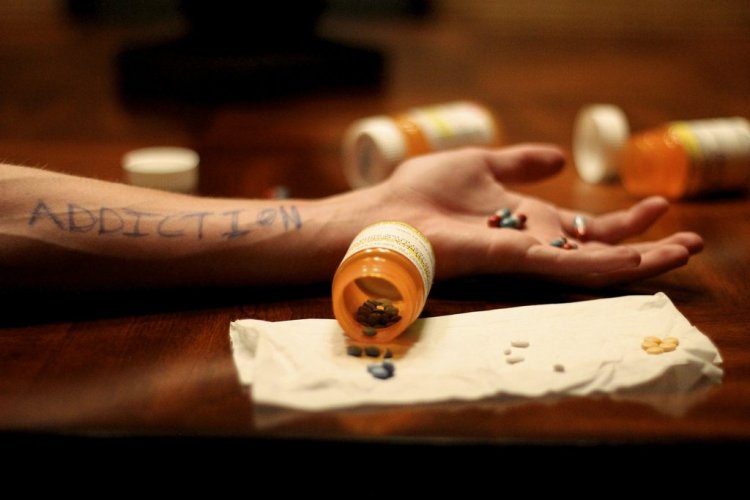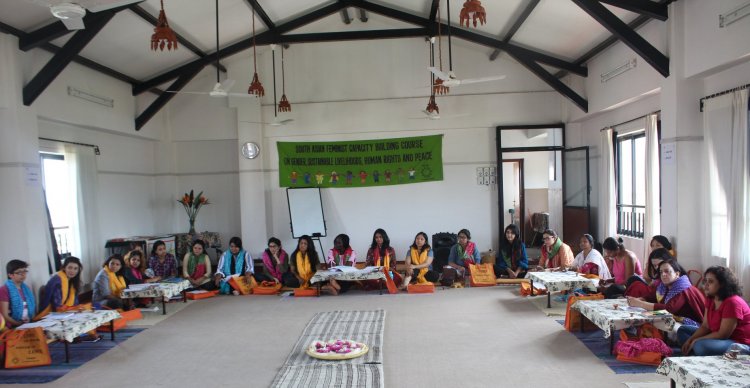For Kamla Bhasin, a well-known name amongst NGO and feminist circles, working towards equality was never something to be compromised on. Having conducted trainings and capacity building programmes for both men and women in government and non-governmental organisations, Bhasin has been working towards gender equality for decades now. She organised her first course in 1976, for people who bring about change in their professional capacity, while working with the United Nations. Nearly 20 years later, during a similar workshop in Bangladesh which included representatives from South Asian and European countries, Sangat, an organisation focused on connecting South Asians working in the development sector, was formed. This includes people working in NGOs, and the health, education, and media sectors.

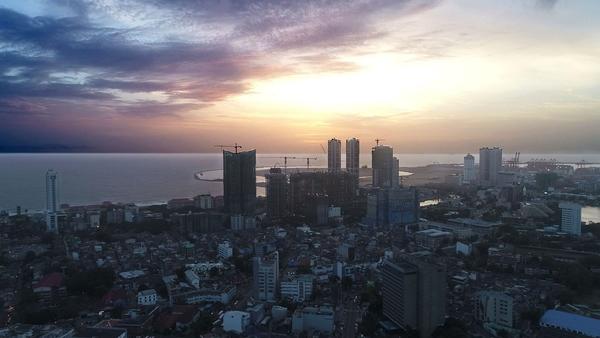
.jpg?w=750)
